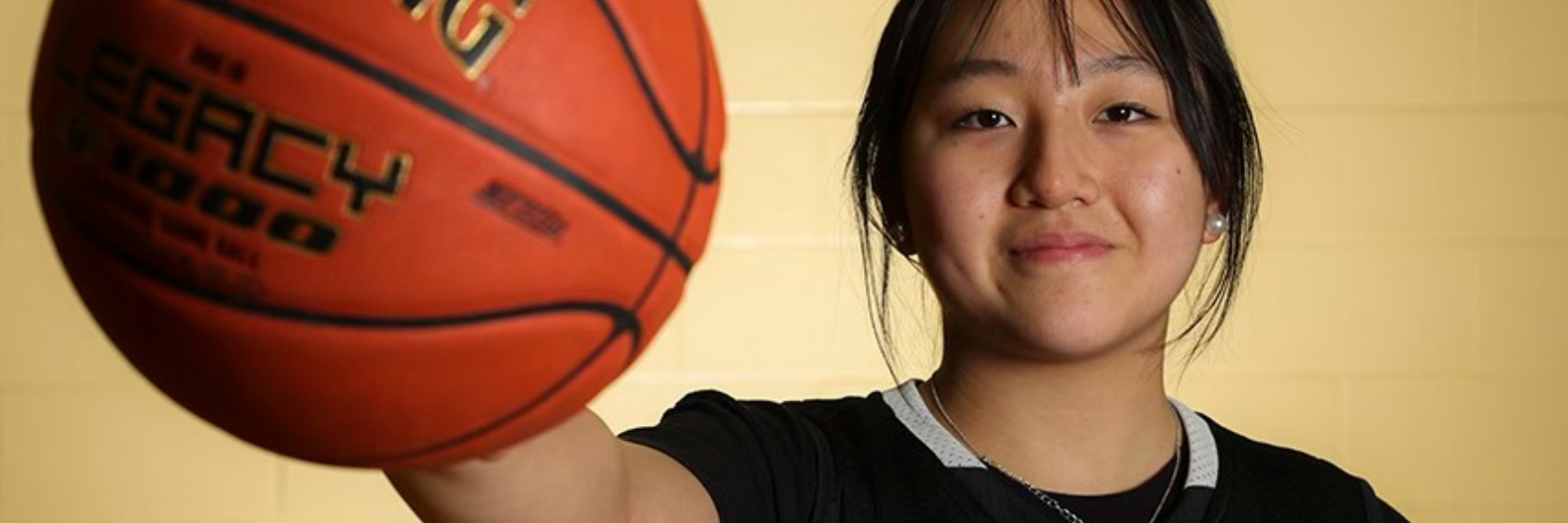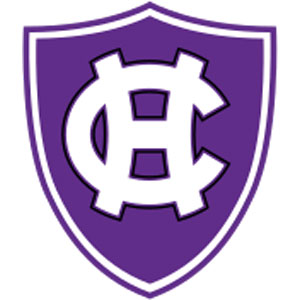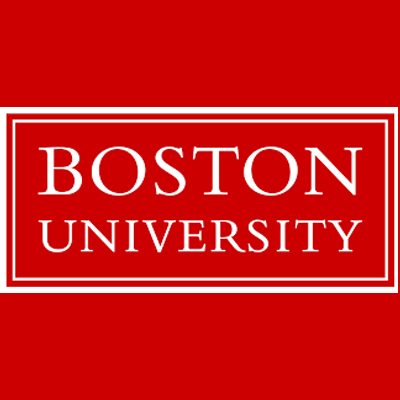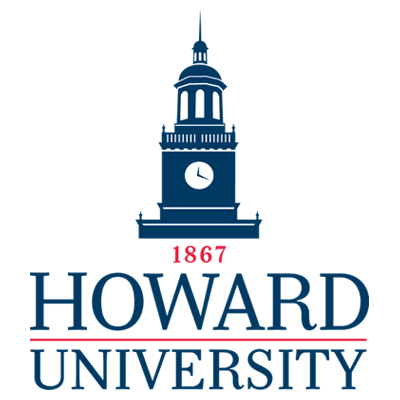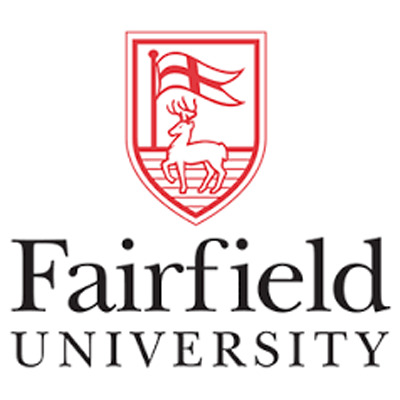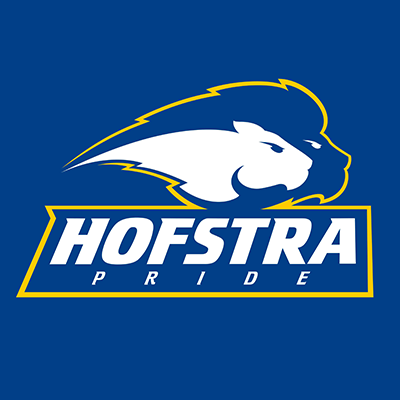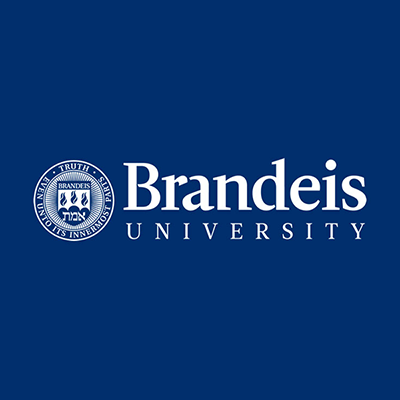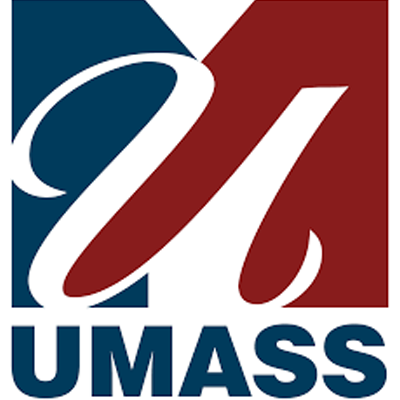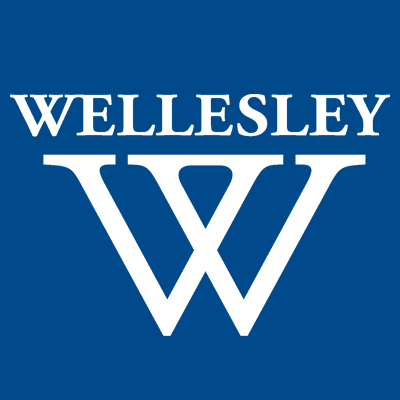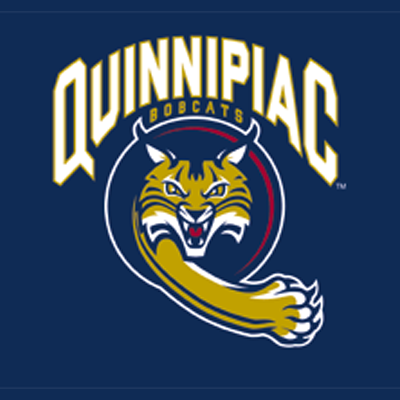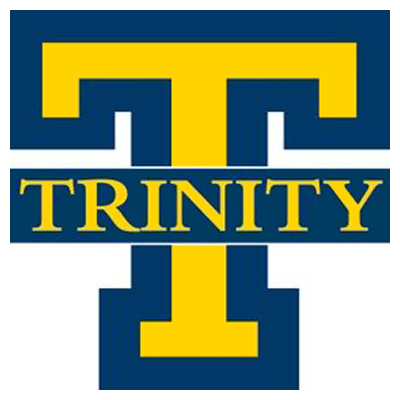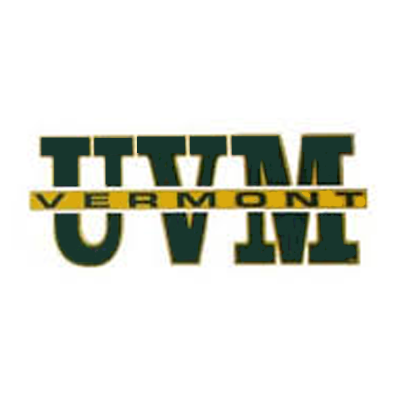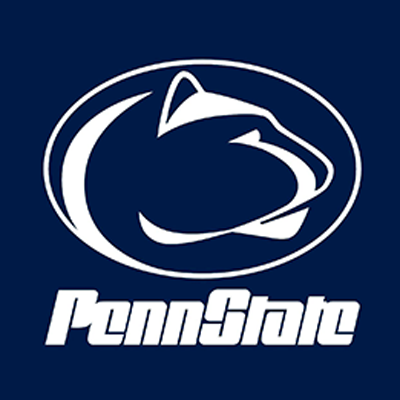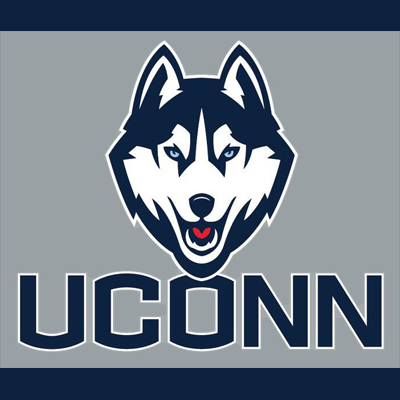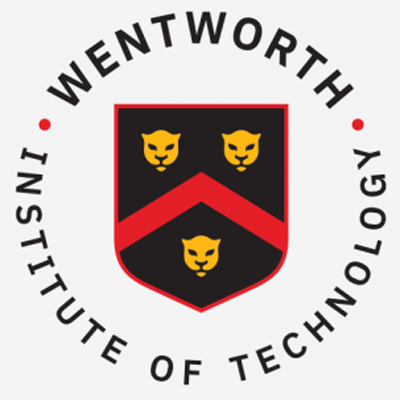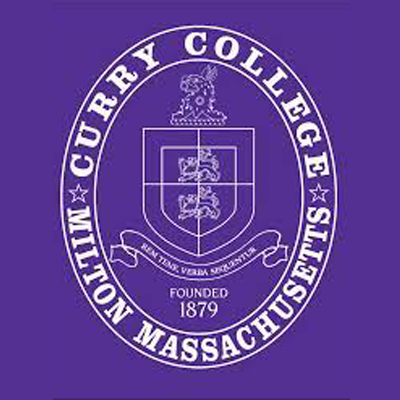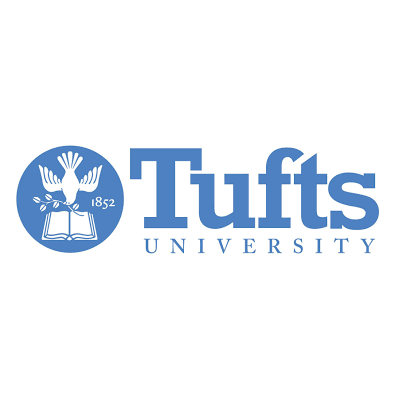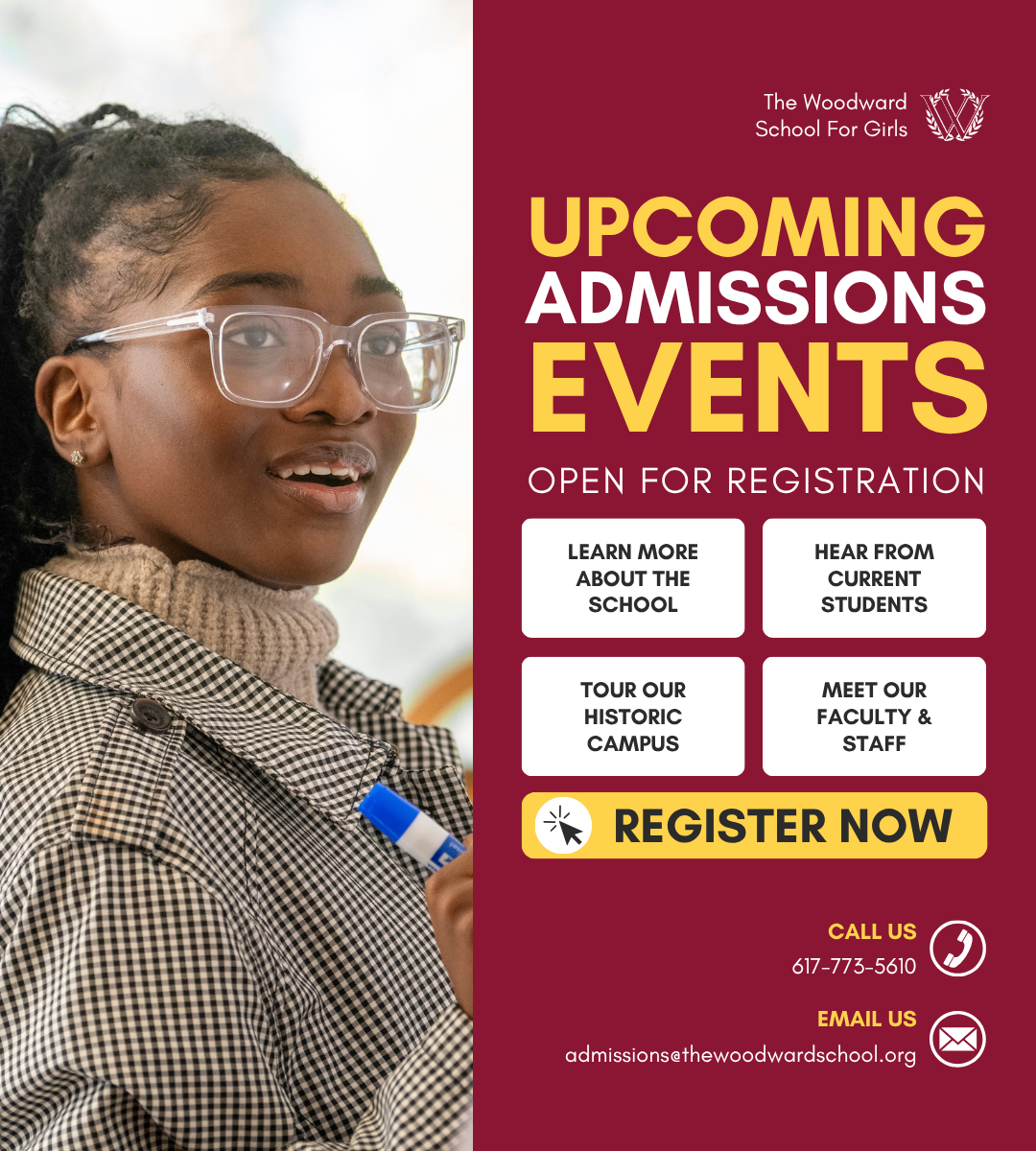The Woodward School for Girls in downtown Quincy, MA has been
educating and empowering young women in grades 6-12 since 1894.
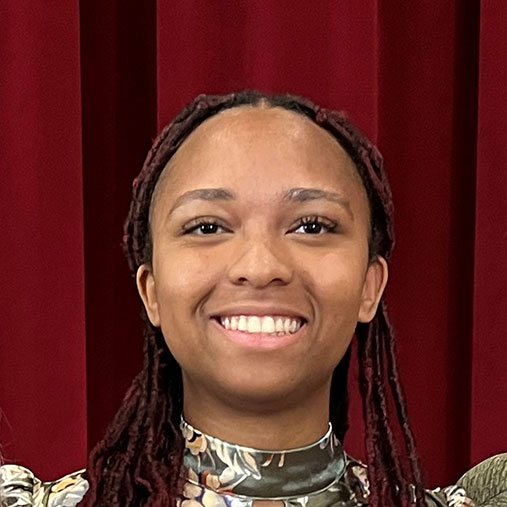
"Woodward is a home away from home. Here I was given a strong support system that pushed and believed in me every step of the way. They taught me not to be afraid of my voice, but instead to proudly use it. There were also so many opportunities to excel both inside and outside of the classroom that I wouldn't have gotten anywhere else. Most importantly, it put me in the best possible position to pursue any and all of my passions."
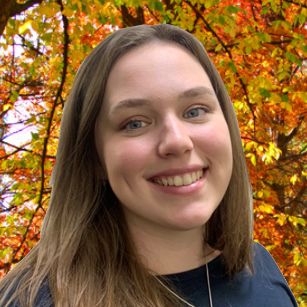
"I remember when being interviewed for Harvard, the admissions officer asked me whether my experience being in a small school and having small classes would prevent me from speaking or being confident in bigger classes, implying that the size of Woodward had the ability to limit my growth. It was true that Woodward did not give me the typical school experience — it gave me something better. The size of the school is exactly why there are so many opportunities. Woodward is a place that you cannot hide — a place where you get to take chances. Woodward gave me a chance to be who I really was, try whatever I wanted, and be confident in doing so. I learned at Woodward that my voice was just as good as anyone else's — particularly any man's. That I was just as or even more so capable to lead because I went to Woodward".
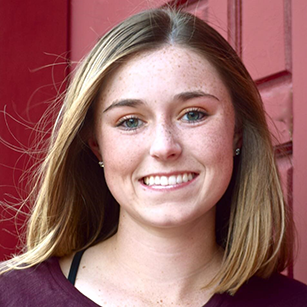
"My Woodward experience supported me in my career choice, Law. One of my fondest memories is when Mr. Wesner, the former Head of School, took us into Boston on Law Day. One year we sat in on a court case another time we met attorneys in their offices. Classes such as Rhetoric, Latin, and French helped develop my speech skills and formed my voice.
Woodward introduced me to my passion, taught me to stand up for myself and to speak for myself. Transformation happens at Woodward.”
Woodward introduced me to my passion, taught me to stand up for myself and to speak for myself. Transformation happens at Woodward.”





